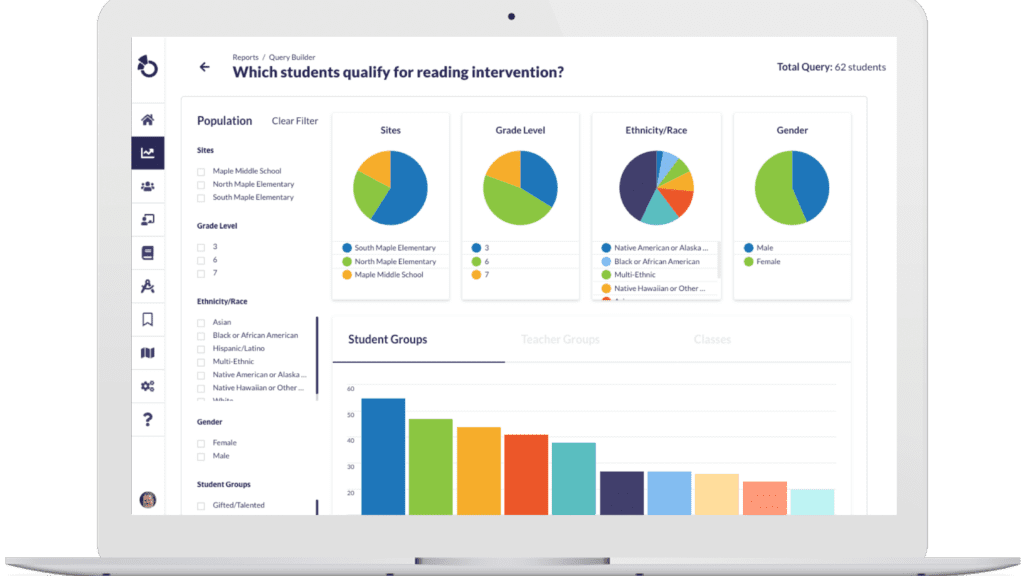Providing Personalized Video Feedback for Your Students
By: Otus
Have you ever noticed likes, favorites, shares, emojis, and comments are on every social media platform? While they are fun and engaging ways to interact, they actually provide feedback about what is posted. Ultimately, feedback helps us reach a goal. For education, feedback helps students adopt new knowledge quickly and deter ongoing mistakes.
Video feedback is a surefire way to ensure students are actively learning. Written comments lack tone and emotion but with video, your message is clear with facial expressions and body language. During remote and blended learning, staying connected is super important. We have the tools to provide feedback with a smile and encouraging voice, so let's use them!
The writing process is a great time to use video feedback. Gone are the days of a paper marked up with a red pen. Imagine you're using the comment function of a Google doc to provide suggestions for improvement. Before you return the assignment, turn on your webcam and record a quick video! Recognize what your student did well and encourage them to make a few corrections. Students will be more likely to take action from conversational feedback when they hear and see your enthusiasm.
See how you can easily provide personalized video feedback in Otus:

Head here to learn more about how Otus can help your school!
Request a demo!
See exactly how Otus can help your school accelerate student growth and improve student outcomes – all while saving educators time.





